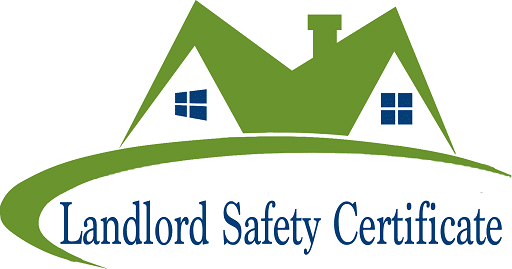
Managing properties in London requires careful attention to legal and safety obligations. Landlords often rely on qualified contractors to carry out inspections, repairs, and certifications. Yet, sometimes, a contractor may fail to meet the required safety standards. When this happens, landlords must act quickly to maintain compliance and protect tenants.
This guide explains how to respond to contractor non-compliance, what steps to take to fix failed inspection results, and how to prevent future issues.
Contractor non-compliance happens when a professional hired for inspections, installations, or repairs fails to meet legal or industry standards. This may include incomplete safety reports, substandard repairs, or reliance on outdated practices. In London, where councils enforce strict rules, landlords cannot afford to overlook these lapses.
For example, if a Gas Safe engineer issues an incorrect certificate or an electrician fails to complete an EICR properly, the property may be classified as unsafe. This not only endangers tenants but also places landlords at risk of legal penalties. Consequently, landlords must act quickly to identify contractor non-compliance and take immediate steps to fix failed inspection outcomes before problems escalate further.
When a property fails to meet safety standards, landlords must respond without delay. Ignoring a failed inspection can expose tenants to risks and damage the landlord’s compliance record. The most effective way to fix failed inspection outcomes is to start with a clear process.
Landlords should:
Landlords in London hold ultimate responsibility for property compliance, even when hiring professionals. Contractor non-compliance does not excuse landlords from penalties or enforcement. That’s why it’s vital to work with certified and reputable contractors.
If a contractor’s negligence results in a failed inspection, landlords should:
When disputes arise, having this documentation helps landlords defend themselves and demand accountability from the contractor. This makes it easier to fix failed inspection results without further risk.
Transparency is crucial when safety standards are not met. Tenants rely on landlords for safe living conditions, so they must be informed about any compliance setbacks.
In London, where tenants are well aware of their rights, clear communication prevents mistrust. When contractor non-compliance occurs, landlords should:
This proactive approach reduces complaints and maintains tenant trust, even in challenging circumstances.

In some cases, a failed inspection cannot be resolved by the original contractor, particularly when contractor non-compliance caused the problem. In such situations, landlords should consider hiring a second professional to fix failed inspection issues and restore compliance.
When bringing in additional contractors, landlords should:
By engaging multiple contractors when necessary, landlords can resolve contractor non-compliance more effectively, fix failed inspection outcomes quickly, and maintain tenant safety without unnecessary delays.
Prevention is always better than cure. Landlords who establish strong vetting processes reduce the risk of working with non-compliant contractors. In London’s busy rental sector, where safety standards are closely monitored, prevention strategies save both time and money.
To avoid future contractor non-compliance, landlords should:
These preventative measures ensure that when inspections occur, landlords can avoid needing to fix failed inspection outcomes at the last minute.
A failed inspection not only delays compliance but also carries financial costs. Landlords may face additional contractor fees, re-inspection charges, or even fines from local councils. Contractor non-compliance can therefore be expensive if not handled properly.
To manage these costs, landlords should:
With careful planning, landlords can handle financial setbacks and quickly fix failed inspection results without severe disruption.
Many landlords in London use letting agents to manage compliance processes. Agents play an important role in monitoring contractors, arranging inspections, and responding to failures.
If contractor non-compliance occurs, letting agents can:
By relying on letting agents, landlords can delegate some of the stress while ensuring compliance remains on track.
Landlords must take failed inspections seriously, as ignoring them can lead to severe consequences. In London, councils can issue improvement notices, fines, or even prosecution for non-compliance.
Contractor non-compliance is never a valid excuse in court. Landlords remain responsible for tenant safety and must act quickly to fix failed inspection results. Ignoring the issue could lead to:
By treating failed inspections as urgent priorities, landlords protect themselves from legal and financial risks.
Although dealing with contractor non-compliance is frustrating, addressing the issue properly brings long-term benefits. Landlords who consistently fix failed inspection outcomes quickly build a strong reputation for professionalism in London’s rental market.
Benefits include:
In short, landlords who respond effectively to contractor non-compliance not only meet legal standards but also gain trust and stability in their rental business.
Contractor non-compliance is a challenge that every London landlord may face at some point. However, the key is not to panic but to act quickly and effectively. By documenting issues, maintaining clear communication with tenants, and taking steps to fix failed inspection outcomes, landlords stay compliant and protect their investments.
In London’s competitive rental market, professionalism and transparency go a long way. Landlords who respond to failed inspections with a structured plan strengthen trust, avoid legal trouble, and maintain safe, reliable homes for tenants.

